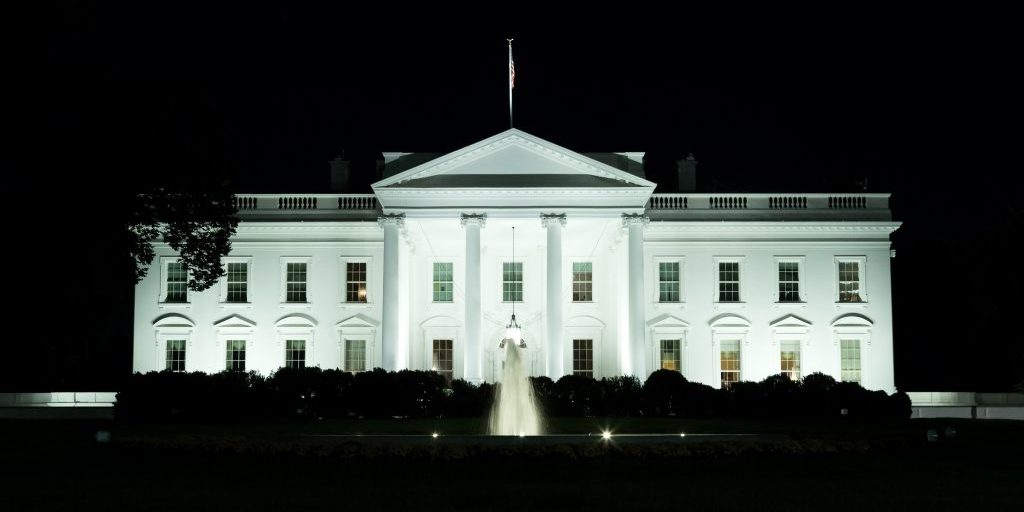Challenges Plaintiffs Face Under The New Trump Administration
BY Yosi Yahoudai

LISTEN
Life is not getting any easier for those seeking compensation using an already hairy legal system. Even as his administration supports legislation designed to reduce or relax regulations across the board, what Trump is really doing is making it more difficult for plaintiffs to seek and obtain justice. Even though it is mostly accepted that President Trump respects the need for the judicial branch, his own tweets seem to outright reject the court rulings he does not like--mostly because they apply to him and more than one of his failed executive orders.
But what does this mean for plaintiffs hoping to find balance and fairness in their own lives through the court system? It means a number of obstacles.
Frivolous Litigation
Before we go any further, it should be mentioned that these obstacles are not entirely on Trump. Simply having the GOP in near-complete control of the Congress and the White House will likely result in attempts to diminish the occurrence of frivolous lawsuits, meaning more restrictions on what types of suits can be filed and how. This is the epitome of irony; Trump himself once levied a lawsuit against Bill Maher for the most ridiculous of reasons. When Maher jokingly offered Trump millions if he could prove he was not the offspring of a pair of unfortunate orangutans, Trump complied. Naturally, he demanded compensation. Maher, of course, did not provide payment in exchange for the information and Trump sued.
Trump’s career as a businessman is muddied by a number of similar cases. That still does not change the outlook for lawyers, who seem in agreement that the new administration will eventually result in new restrictions that make it much more difficult for plaintiffs to strike a bargain with the courts for fair compensation, even if Trump himself is not directly involved. This could result in a huge problem for lawyers involved in personal injury and a number of other legal practices, because those affected are more often than not poor or middle-class plaintiffs whose livelihood is dependent on the outcome of a case.
So why do it?
Republicans will likely form a call to action. The court system is dependent on the taxpayers, and so it is a simple thing to convince people that new regulations are needed to slash court costs by reducing the number of cases. Since one of Trump’s biggest campaign promises revolved around cleaning up the budget, this is an even easier sell.
Class Action
The same type of regulatory hurdles might then be applied to class action litigation, having a similar effect on those affected by overbearing corporations with a knack for the unlawful. Right now, class action lawsuits can be broad in the way they claim damages incurred by a particular party. Under the Trump administration, these lawsuits could lose their elasticity.
This could mean two things: one, class action suits would be diminished in what they can accomplish. Participants would need to prove they incurred the exact same type of damages as others involved in the suit, a feat which is basically impossible. Two, there would be fewer class actions for that very reason. Instead, those seeking compensation would have to face the court system one by one. Because fewer people would choose to seek compensation if this were the case, corporate entities accused of wrongdoing could more often get away with whatever it was that landed them in hot water to begin with, losing less of their money in the process. It needn’t be said, but that’s better for business.
Forced Arbitration
There is an even bigger obstacle that might be instituted during the Trump administration.
Right now, it is difficult for a business to sneak mandatory arbitration clauses into employment agreements. That is true because of an Obama-era restriction on this type of backroom dealing--a restriction that may very well be axed under Trump. If it is lifted, plaintiffs might be barred from litigation in the first place, forced instead to seek arbitration agreements that do not always go the way they should, and lack an effective appeals process unless very obvious unfairness exists.
For now, most of these challenges that plaintiffs could face under the Trump administration are conjecture. Whether or not they will come to pass is still up for debate. Based on Trump’s track record, it seems that the court system might see significant changes in the months and years ahead--changes that could diminish the livelihood of many.
LATEST STORIES



